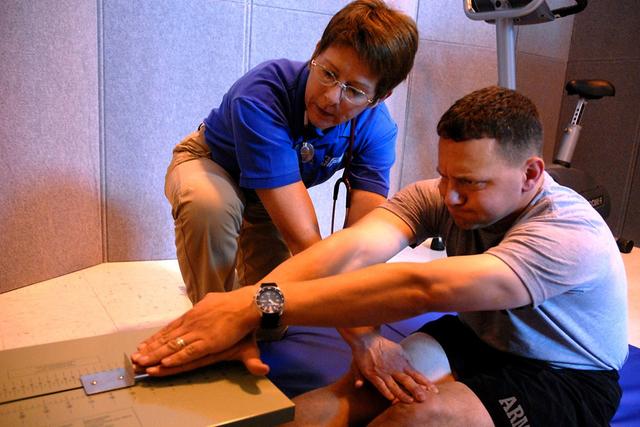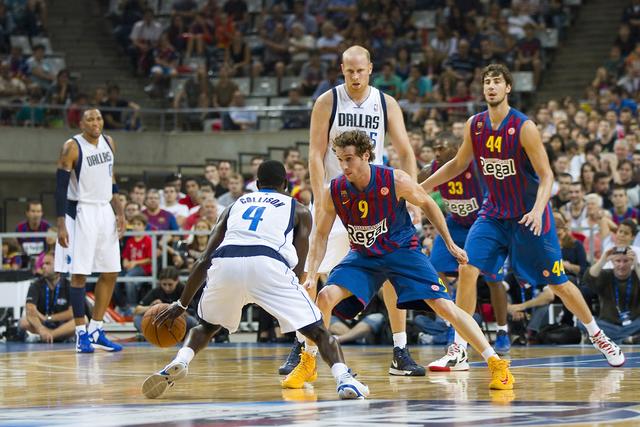Jockeys
Overview

Introduction
Jockeys ride thoroughbred horses in professional competitions. Jockeys must become familiar with the horses they ride on a regular basis and often are part of their training. A jockey contracts with the horses owner or trainer and may ride as many as 10 horses in a single day.
A jockey usually specializes in a specific type of racing, such as steeplechase, jump racing, or thoroughbred racing. The jockey learns the horses strengths and weaknesses and works with the trainer to develop a strategy for each race. In addition to re...
Quick Facts
Median Salary
Employment Prospects
Minimum Education Level
Experience
Skills
Personality Traits
Earnings
Although some jockeys have won purses in the million dollar range, even the highest-paid jockeys in America earn less than the top performers in other sports. Generally, they receive mount fees and a percentage of the purse or overall winnings of a race. For example, if a purse is $3,000, a jockey usually gets 10 percent, or $300 if his or her horse wins the race. Jockeys receive smaller percen...
Work Environment
Because of the size requirements, very few riders are actually small and strong enough to pursue a professional career as a jockey and, among those who do meet the size requirements, the competition is keen for the top horses. Also, vast sums of money are often riding on the outcome of a particular race. As a result, the jockey faces a great deal of on-the-job stress and pressure. It is one thi...
Outlook
In the last few decades, horse events have come to rival other sports as a recreational pursuit, although fewer gambling dollars are available since horse racing now has to compete with other forms of legalized gambling such as lotteries, casino gambling, sports betting, and river boat gambling.
Fewer jobs will be available in the horse industry in coming years since the industry has bee...


























